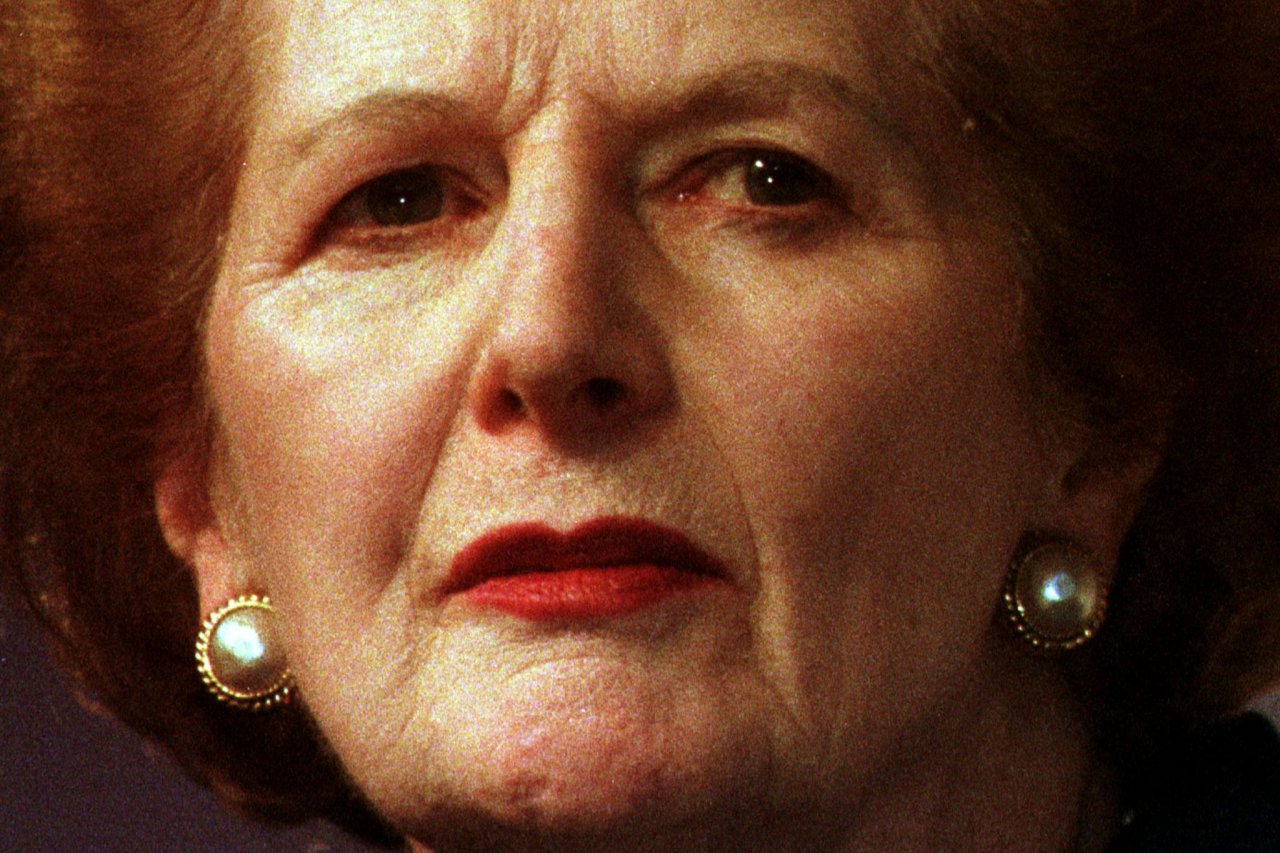In May 2006, journalist James Bartholomew was introduced to Margaret Thatcher at a party. He started telling the former prime minister that he had just written a book arguing that Britain would be better off if the welfare state had never existed. Straight away she demanded to know what should be done about it. He couldn't suggest anything, he replied; or at least nothing that would ever be acceptable in a democratic society.
"You can't say there is a problem and not come up with a solution!" she declared in the peremptory tone that her ministers knew so well. "If you say the welfare state is no good, you must suggest an alternative!"
This book, which Bartholomew has titled The Welfare of Nations, is, he says, an answer to Lady Thatcher – even if it is mostly a description of existing systems rather than a detailed blueprint for a new one. Wanting to discover how welfare states "are changing civilisation", he visits institutions in 11 countries, from schools in San Francisco to hospitals in Holland. First, however, he treats us to some history.
Public welfare programmes are as old as Western civilisation. In the 6th century BC, the Athenian ruler Peisistratus decreed that soldiers disabled in battle should be "maintained at the public charge". In 122BC the reforming Roman tribune Gaius Gracchus gave all citizens the right to a monthly "dole" of cut-price grain.
The prototype of our modern welfare system was a "working-class insurance scheme" introduced by Otto von Bismarck, Germany's Iron Chancellor, in the late 19th century. He said that "reconciling the labouring classes with the State" would avert a revolution. For a century after Bismarck, politicians on both sides of the Atlantic found that espousing the cause of social security – "from the cradle to the grave" – was the best way to gain or keep power.
But here is a paradox: as the wealth of the nations has increased, so has the number of people apparently in need of the nations' welfare. One of Bartholomew's many startling statistics in the book is that more than 46 million Americans are entitled to food stamps. How can it be that so many people in the richest countries are dependent on handouts? Analysts on the Left – most recently Thomas Piketty, in his best-selling Capital in the Twenty-First Century – see it as a consequence of turbo-capitalism, in which inequality between the have-nots and the have-yachts stretches ever wider.
Nonsense, says Bartholomew: the problem is not inequality but unemployment. "For the most part, the permanent mass unemployment of modern times has been caused by welfare states," he argues.
"They have done it by increasing the costs of employing people for business and reducing the net cash benefit of working for employees." The villains are not plutocrats but the politicians who make dependency so tempting. Here, not for the first time, Bartholomew turns his gaze on Switzerland, a country he admires to the point of infatuation. Why, he asks the leader of an employers' organisation, do the Swiss have one of the lowest unemployment rates in Europe? "It is easy to fire people," the man replies. This sounds like another paradox but to Bartholomew it makes perfect sense: "A company that knows it can fire people is more likely to hire them."
Another place he reveres is Singapore, which has achieved the lowest unemployment rate in the advanced world by offering only temporary benefits – and removing them if a person doesn't seek and take work. "A particularly robust attitude," Bartholomew notes admiringly. Oh, and did you know that babies born in Singapore are only half as likely to die before their first birthday as those born in Britain?
Returning to Europe, he soon falls into despair again. Signs of decay are everywhere. In sport, the desire to win has taken precedence over the belief that "one should behave decently and honourably". In the 1940s Hollywood gave us It's a Wonderful Life about "a man who behaves kindly and decently", but now it offers "vomiting, farting and defecating" in Bridesmaids.
Why is there now such "meanness and vulgarity" in sport and culture? One possible factor, according to Bartholomew, is the development of welfare states. Public education produces youngsters who are loutish, selfish, functionally illiterate and largely unemployable. He notes that the illiteracy rate at state schools in Britain is an "appalling" 19.2%, whereas at private schools it is 4.5%.
At the end of his journey, after many informative outings and a few eccentric detours, he tries again to answer Margaret Thatcher's question. Public services tend to be "wasteful, inefficient and expensive", providing inferior education and healthcare, harming economic growth and making the poor poorer. "In view of all this, it makes sense to hand over as many as possible of the public sector's operations to the private sector."
Well, she did ask.



























